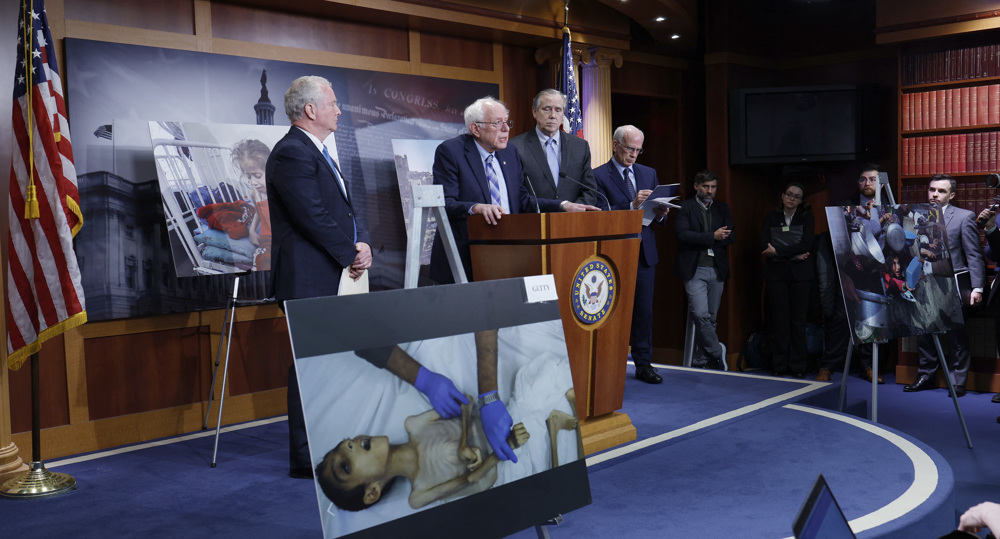US ‘done talking’ over North Korea, China must decide: Haley
The United States is “done talking” about North Korea’s ballistic missile tests, US Ambassador to the United Nations Nikki Haley says, urging China to clear up its mind on imposing greater sanctions against its neighbor and trade partner.
"China must decide whether it is finally willing to take this vital step. The time for talk is over," Haley said in a statement on Sunday night, a day after North Korea’s successful test of a Hwasong-14 missile into the Sea of Japan.
While some diplomats had predicted a call by Washington for an emergency meeting of the UN Security Council (UNSC), Haley said there was “no point” in doing so because any new UNSC resolution "that does not significantly increase the international pressure on North Korea is of no value."
The administration of US President Donald Trump has been trying to gain China’s support for more strict measures against Pyongyang.
Haley provided Beijing with a draft resolution earlier this month, in the wake of Pyongyang’s successful test of another ballistic missile on July 4. She said Thursday that the two sides had made progress.
Read More:
- US bombers fly over Korea
- US conducts THAAD missile test over Pacific
- Trump scolds China for not curbing N. Korea
Trump, meanwhile, has been unhappy with China. He expressed his frustration in a tweetstorm on Saturday.
"I am very disappointed in China,” he wrote. “Our foolish past leaders have allowed them to make hundreds of billions of dollars a year in trade, yet they do NOTHING for us with North Korea, just talk."
Last month, the Security Council imposed a fresh array of sanctions on Pyongyang in response to a number of missile tests carried out this year.
Russia and China have opposed calls for new sanctions and would only agree when the North obtains the required technology to develop intercontinental ballistic missiles (ICBMs), Reuters reported, citing diplomatic sources.
Unlike Washington, Beijing and Moscow argue that Pyongyang has yet to master the know-how.
Trump, Japanese PM discuss North’s test
Japanese Prime Minister Shinzo Abe said Sunday that he had discussed the new missile test with Trump over the phone and the two sides agreed on more international pressure.

"International society, including Russia and China, need to take this seriously and increase pressure," Abe told reporters.
A White House statement said the two leaders "agreed that North Korea poses a grave and growing direct threat to the United States, Japan, the Republic of Korea, and other countries near and far."
Abe denied discussing military action with Trump, an option that the White House says remains on the table.
Canada’s Yukon town council at standstill over refusing oath to King Charles
Yemen's Houthi calls for jihad to protect Palestine against Israel
VIDEO | Internal rifts within Israel
Russia launches 'ICBM' for first time against Ukraine: Kiev
Scores killed as Takfiri terrorists target Shia Muslims in Pakistan
Pezeshkian to US, Europeans: You are killing women, children
VIDEO | COP29: another climate failure?
ICC issues arrest warrants for Netanyahu, Gallant for war crimes










 This makes it easy to access the Press TV website
This makes it easy to access the Press TV website